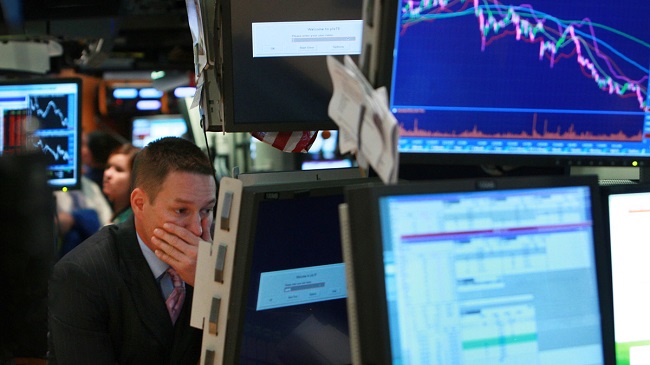SHANGHAI, Dec 19 (Reuters) – COVID-19 is sweeping through trading floors in Beijing and spreading fast in the financial hub of Shanghai, with illness and absence thinning already light trade and forcing regulators to cancel a weekly meeting vetting public share sales. Many banks and asset managers have dusted off plans devised to cope with previous COVID crises, injecting another layer of unpredictability into currency and stock markets, where the outlook is clouded by a rocky exit from strict health curbs. With mass testing halted after abruptly dropped its zero-COVID policy earlier this month, official data no longer reliably capture new case numbers. Internal surveys by several big asset managers and banks suggest more than half of their employees in Beijing, the epicentre of the virus surge, have tested positive. “I would say more than half of colleagues in Beijing are sick, compared with 5%-10% in Shanghai,” said a fund manager at PICC Asset Management, declining to be named as he’s not authorised to speak to the media. NN: I am told this is the most deaths and infections the Chinese have seen to date. They cannot hide the elephant in the room.
China’s COVID surge hits Beijing trading floors, Shanghai finance hub
BEIJING, Dec 19 (Reuters) – China’s business confidence fell to its lowest since January 2013, a survey by World Economics showed on Monday, reflecting the impact of surging COVID-19 cases on economic activity with the abrupt lifting of many pandemic control measures. The index fell to 48.1 in December from 51.8 in November, showed the World Economics’ survey of sales managers at over 2,300 companies conducted Dec. 1-16. The index was the lowest since the survey began in 2013. The survey results were among the first indicators of how business sentiment has taken a hit in the world’s second-biggest economy, after the sharp relaxation of strict COVID containment measures on Dec. 7 triggered a still-growing wave of domestic COVID cases across China. “The survey suggests strongly that the growth rate of the Chinese economy has slowed quite dramatically, and may be heading for recession in 2023,” World Economics said. China’s GDP is expected to grow just 3% this year, its worst performance in nearly half a century. The survey showed business activity fell sharply in December with the sales managers indexes in Manufacturing and Service Sectors both below the 50 level. “The percentage of companies that claim to be currently negatively impacted by COVID has risen to a survey high, with more than half of all respondents now suggesting their operations are being harmed in one way or another,” the London-based data provider said. China has recently dismantled some key parts of the world’s toughest anti-COVID curbs and lockdowns. The measures were championed by President Xi Jinping but impaired the economy and sparked popular protests unprecedented in his decade-long rule. The top leaders and policymakers will focus on stabilising the economy in 2023 and step up policy adjustments to ensure key targets are hit, according to an agenda-setting meeting ended on Friday. “It may take at least another quarter before things turn around,” said Dan Wang, chief economist at Hang Seng Bank China. “Many small businesses have run out of liquidity, especially restaurants, gyms, hotels and other city services.” NN: Markets are not pricing in the coming crash in China. The worst of the COVID crises will hit after golden week in February. And it will not be a quick reversal out of it either…….
